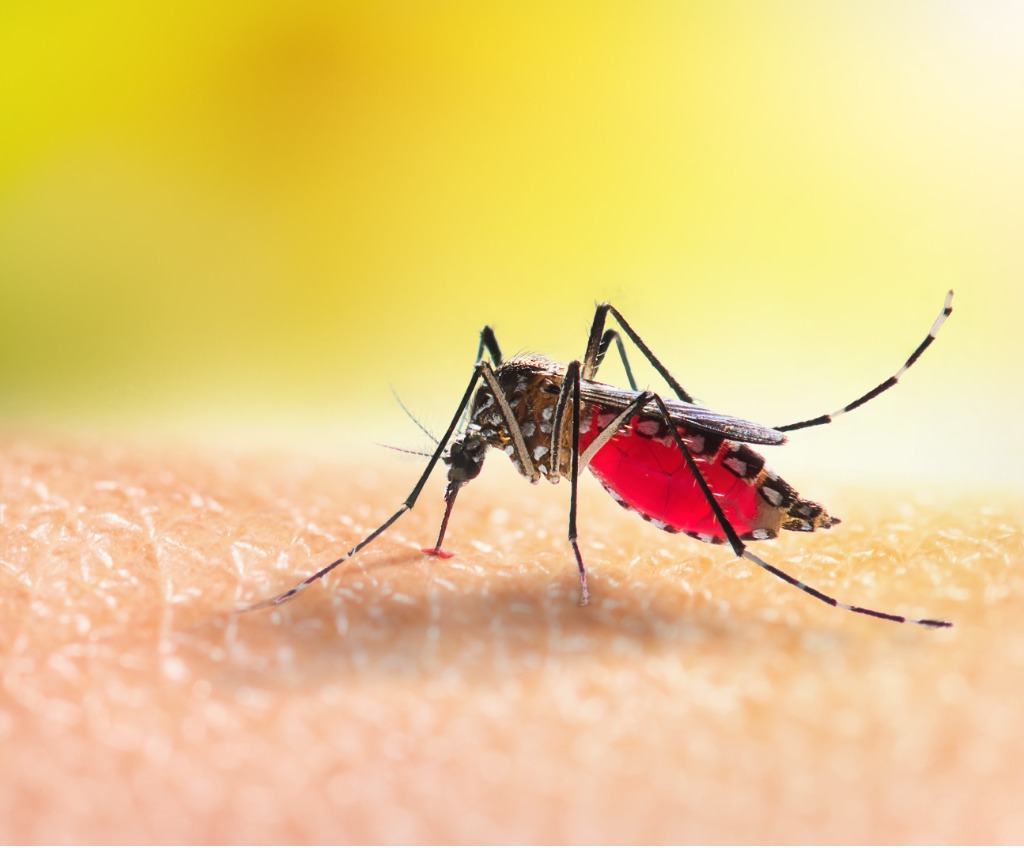
CRISPR Used to Decrease the Population of Malaria-Spreading Mosquitoes
July 12, 2023| |
Scientists at the University of California Berkeley (UC Berkeley) and the California Institute of Technology (Caltech) created a system that uses CRISPR technology to terminate female mosquitoes that can spread diseases. This has the potential to stop the spreading of malaria across the globe.
Malaria is one of the world's deadliest illnesses, which can cause hundreds of thousands of deaths each year. To address this issue, scientists at UC Berkeley and Caltech produced a system called Ifegenia, or "inherited female elimination by genetically encoded nucleases to interrupt alleles.” The procedure employs CRISPR technology to disable the femaleless (fle) gene, which governs sexual development in Anopheles gambiae mosquitoes. Ifegenia functions by genetically encoding the two primary CRISPR elements within African mosquitoes. The elements consist of a Cas9 nuclease, which creates the cuts, and a guide RNA that leads the system to the target site.
"We crossed them together, and in the offspring, it killed all the female mosquitoes," said Andrea Smidler, first author of the study. On the other hand, the male mosquitoes inherit Ifegenia, but it doesn't affect their reproduction. Ifegenia can also be used on other mosquito species that spread diseases, like the ones that transmit Chikungunya, Dengue (break-bone fever), and Yellow Fever viruses.
For more information, read the research article on ScienceAdvances.
| |
You might also like:
- Scientists Develop Gene-Edited Mosquito to Help Eliminate Malaria
- Florida Board Allows First GM Mosquito Trials in the US
- CRISPR-based Tool to Help Tackle Deadly Mosquito-borne Diseases
Biotech Updates is a weekly newsletter of ISAAA, a not-for-profit organization. It is distributed for free to over 22,000 subscribers worldwide to inform them about the key developments in biosciences, especially in biotechnology. Your support will help us in our mission to feed the world with knowledge. You can help by donating as little as $10.
-
See more articles:
-
Plant
- ISAAA Launches Pinoy Biotek Resource Page
- Researchers Pinpoint Gene that Could Help Cucumbers Survive Climate Change
- HB4® Wheat Receives Approval in Paraguay
- New Zealand Expands Research on GM Grasses
- ISAAA Inc. to Hold ASCA6 on September 11-15 in Indonesia
-
Animal
- CRISPR Used to Decrease the Population of Malaria-Spreading Mosquitoes
- Future Science Leaders Take Part in the 2nd Animal Biotechnology Stakeholder Consultation in PH
-
Read the latest: - Biotech Updates (January 28, 2026)
- Gene Editing Supplement (January 28, 2026)
- Gene Drive Supplement (February 22, 2023)
-
Subscribe to BU: - Share
- Tweet

